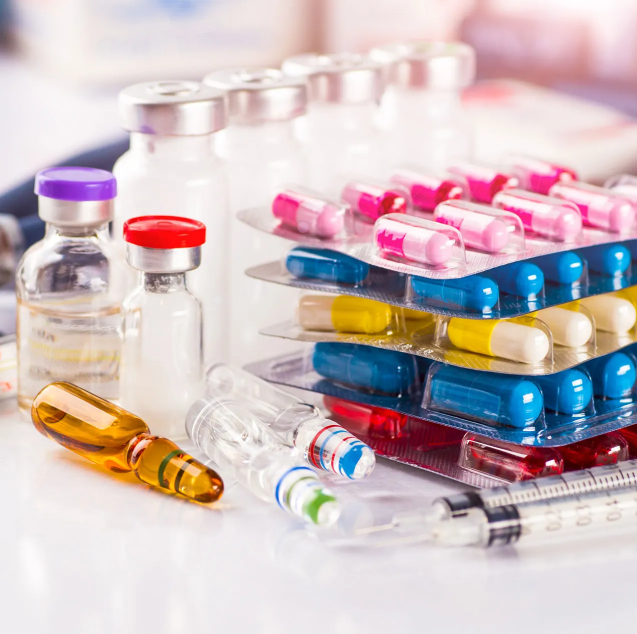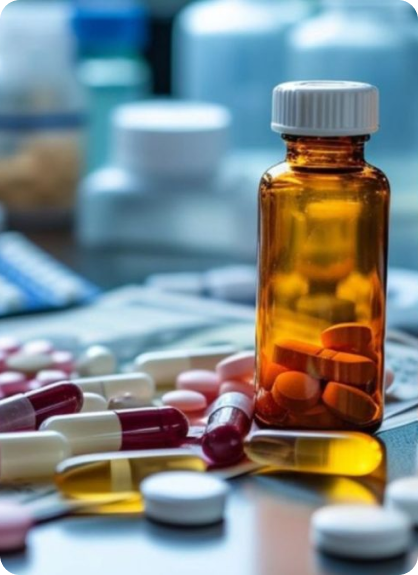Why Invest in Pharmaceuticals
-
Established Pharma Leader
A leading exporter of affordable, high-quality generics, vaccines, and biosimilars, serving over 200 countries.
-
Favourable policies & incentives
Policies like liberal FDI limits, PLI schemes, and supportive digitised regulatory frameworks enhance the ease of doing business.
-
Ideal base for Early Stage Drug Development
With 95,000+ CTs registered in India as of 2025, India is the third largest destination globally for conducting clinical trials, accompanied by an availability of a large pool of qualified scientists and a robust talent pipeline.
-
Rapidly growing CRAMs Ecosystem
Cost-efficient manufacturing and the availability of a skilled workforce help contain the manufacturing costs of high-value drugs

Incentives & Schemes
-
Pradhan Mantri Bhartiya Janaushadhi Pariyojana (PMBJP)
-
Scheme for Promotion of Research and Innovation in Pharma MedTech Sector (PRIP)
-
Revamped Pharmaceutical Technology Upgradation Assistance Scheme
-
Production Linked Incentive (PLI) Scheme for Pharmaceuticals
-
Production Linked Incentive (PLI) Scheme for Promotion of domestic manufacturing of critical key starting materials/Drug Intermediates/Active Pharmaceutical Ingredients

















